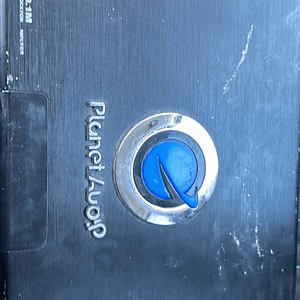Fuses in the amp prevent the amp from causing a fire. Fuses in power wires prevent the power wire from causing a fire. It's as simple as ohm's law. Current is based on supply voltage and total resistance. It's a law, not a theorem. If an amp draws enough current to cause damage, it's because the amp has an internal short, meaning lower resistance. Your battery can't randomly defy ohm's law and throw more current at the amp just because there is a new parallel load (the short) in the circuit.
That is mostly correct, however there are factors outside of a battery that can cause current spikes...like the alternator. This is why the computer in a newer vehicle will detect overcurrent and prevent its self from frying. This happened to me in a new alt install where the diodes were failing at high temps. Car ran great, 20 minutes into the drive it would start randomly going dead and then springing back to life.


